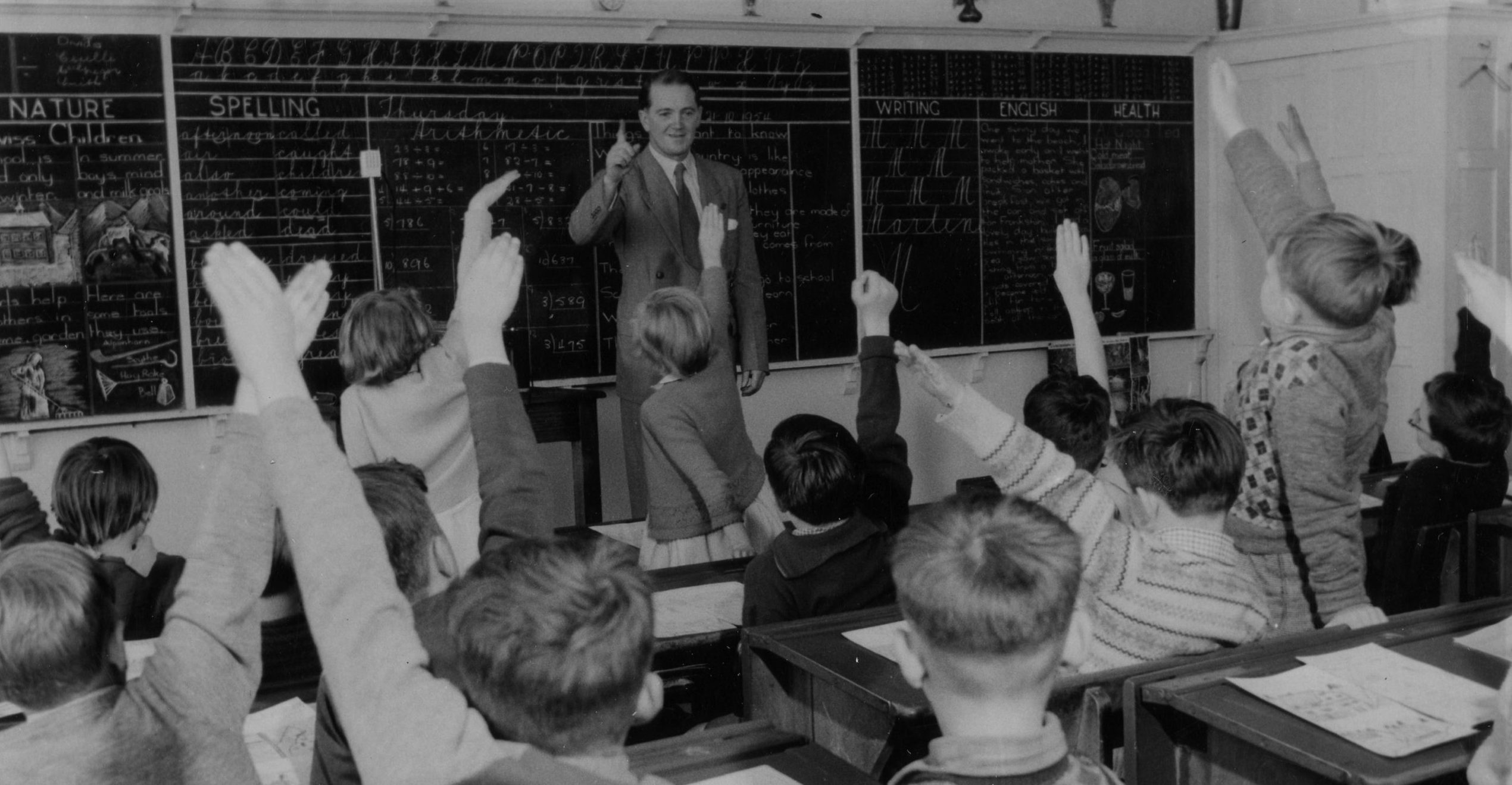Take a breather from the onslaught of corona-content this weekend with a thought-provoking essay on education, critical thinking and knowledge, from D.J. Buck in Areo magazine.
The author describes feeling dismayed by the sometimes stupendous ignorance of ordinary students. These seemingly knowledge-free young people have been educated within a framework that emphasises the importance of ‘skills’ in the belief that facts are secondary, just nuggets of data that can be obtained by anyone using a search engine. In this theory, reading comprehension is wholly separable from the content of the writing, and comprises teachable skills that can be learned in the abstract.
But, as Buck points out, in fact the content of writing cannot be separated from reading comprehension — because without background knowledge of the topic, comprehension will be limited even for the most able and competent reader:
And this, the author points out, is where attainment gaps begin to grow between socioeconomic groups. Even assuming equal levels of ability, those families with higher levels of cultural capital will impart greater levels of background knowledge to their offspring, which in turn creates a positive feedback loop with reading comprehension and subsequent attainment.
The author examines the arguments of John Dewey and bell hooks on critical thinking, suggesting that Dewey’s description of ‘a general attitude of doubt’ amounts, absent sufficient background knowledge, to just a feeling rather than the product of critical thinking. “In other words, to doubt well takes time and knowledge.”
Likewise, bell hooks promises to discuss critical thinking but her book on the subject is in reality, Buck argues, more an argument for teaching critical theory. Buck suggests that while critical theory is an important set of ideas that adults should have some familiarity with, it is not a replacement for other knowledge sets or worldviews: “to teach only critical theory, as bell hooks suggests, is to rob students of a store of background knowledge and of exposure to other substantial worldviews.”
The central argument for teaching knowledge, then, is to widen individuals’ frame of reference in order to give them not just the tools for thinking but material to think with. The author argues that while encouraging students only to read ‘culturally relevant’ books may draw them into reading, it will teach them nothing new. Similarly, encouraging students to read only material that reflects their existing interests effectively teaches them never to question the echo chamber of their existing references.
The solution to readers who struggle is not to provide more easy reading that fits within the existing frame of reference, but to expand the frame of reference: “They need to learn about the world if they want to become better thinkers.”
As a growing chorus of voices worries about the disintegration of our public discourse into suspicious, low-information echo chambers, it might be time to reconsider the value of teaching our children a greater body of shared and canonical knowledge.











Join the discussion
Join like minded readers that support our journalism by becoming a paid subscriber
To join the discussion in the comments, become a paid subscriber.
Join like minded readers that support our journalism, read unlimited articles and enjoy other subscriber-only benefits.
Subscribe